Constituer une famille en situation transnationale : les ancrages de la coexistence et de la territorialité
Article complet du #64 | Les réseaux familiaux transnationaux : nouvelles familles, nouveaux espaces de citoyenneté?
Résumé
Si l’institution familiale reste centrale dans l’existence des individus en situation transnationale, sa cohésion ne va pas de soi ; elle devient un problème d’intégration communautaire. En s’appuyant sur un modèle analytique en quatre dimensions (réticulaire, positionnelle, informationnelle et identitaire), l’article prend le contrepied de la thèse de la déterritorialisation liée aux migrations transnationales : il pointe l’importance et la diversité des inscriptions proxémiques et territoriales dans la production de la famille transnationale. L’article s’appuie sur les résultats empiriques d’une enquête sur la population française résidant à Berlin.
Abstract
While the institution of the family continues to play a central role in the lives of individuals who find themselves in a transnational situation, its cohesion cannot be taken for granted and it may become an obstacle to community integration. Using a four-dimensional analytical model (network, position, information and identity), the paper argues against the thesis that associates transnational migrations with de-territorialization: it underscores the extent and diversity of the proxemic and territorial footprints produced by transnational families. The paper is based on the empirical results of a survey of the French population residing in Berlin.
Article complet du #64 | Les réseaux familiaux transnationaux : nouvelles familles, nouveaux espaces de citoyenneté?

